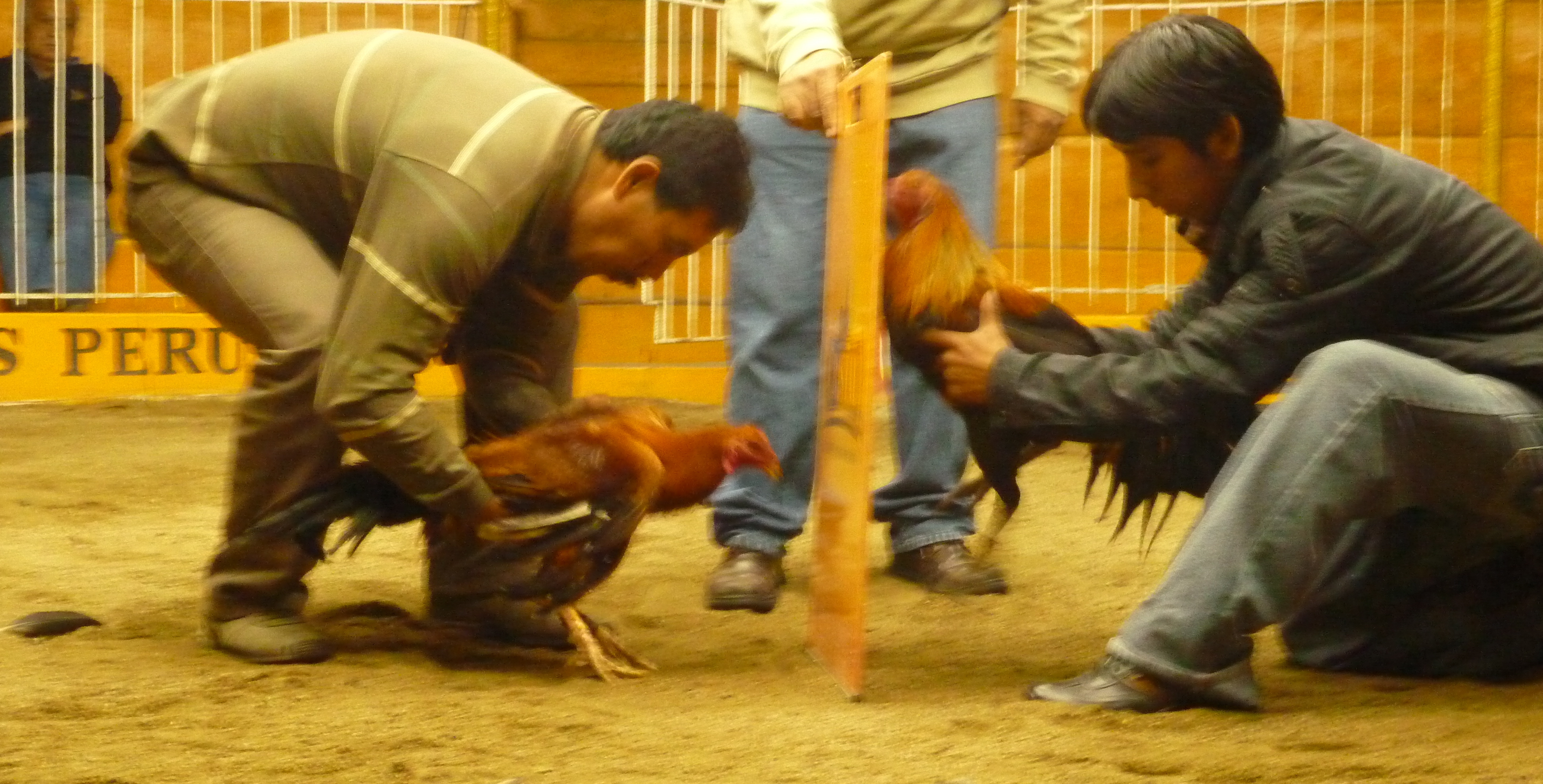
The Spider: Is the internet becoming conscious?
Originally conceived between the 1960s and ’80s as a communications network for the disparate US defence agencies, the internet was later turned into a limited scheme for research institutes to communicate and collaborate with one another. Gradually, the TCP/IP protocol was developed and proliferated, and in 1993 Tim Berners-Lee developed Hypertext Markup Language (HTML), creating the World Wide Web that would turn the internet into the content repository it has become today. It is an elaborate web spun across the globe, currently reaching around 2.9 billion people.
But this web is beginning to move and shake – as if its actions were being overseen, albeit still primitively and erratically, by some invisible being. The internet, in all its chaos and freedom, now looks increasingly organic. It seems as though a spider is slowly emerging from the web. Extraordinary as it sounds, this process has an intriguing biological precedent: the brain.
We know that the brain is composed of a complex network of neurons, linked with one another through synapses, which together form our thoughts, desires, and ultimately decisions. On a chemical level, we can observe little more than electrical and chemical firings within a large matrix. Neuroscientists have identified that different parts of the brain are responsible for different bodily functions. However, thoughts and memories loop through the whole of the brain, creating an overall illusion of a singular personality.
We naturally assume that a brain forms a sort of singular, unified personality – the spider on the web – but in reality, even what we take to be single-minded decisions are actually constituted of a plurality of the different sentiments competing inside the brain. Our personalities change, and we often refer to past selves as if they were different people entirely. John Stuart Mill spoke of the “higher” and “lower” selves, while Plato split the psyche into three parts: logical, spirited, and appetitive. Ever go for that chocolate soufflé at the restaurant, but know you shouldn’t? This happens when no sentiment has a decisive plurality in your mind.
In 1970, British mathematician John Horton Conway created the Game of Life, a simple two-dimensional grid composed of “dead” or “alive” cells which were governed by four simple rules. Conway showed that from a nearly random initial state, a number of simple entities governed by just four rules can begin to act in highly organised ways, to evolve, reproduce, even destroy their own parents.
If intelligence and self-awareness seem to be a sum of complexly networked parts, could the internet not evolve to take on a mind of its own? There is already mounting evidence of forms of conscious activity on the internet. Take trends, for example. In the modern age of mass movements, as in previous times, trends have their expressive outlets. We can call these outlets ‘sentiment accumulators’, and they come in many forms, such as radical groups, governments, or even influential individuals who tap into what Rousseau called the “general will”. Sites such as Twitter, which work on the basis of a common language (HTML, CSS, shared understandings such as internet memes, and the ubiquitous hashtag), accumulate sentiment pluralistically as our brains do, and push the dominant sentiment to the forefront.
Recently we have seen hacker groups acting as the militant arm of the public outrage against Sony, threatening to make The Interview available illicitly if the media giant did not release it. The internet has moods and intentions. Some of these intentions may be disparate and contradictory, but in this respect they are like the various conflicting parts of our minds and personalities. The World Wide Web is still in its infancy, and just like a human infant it needs to learn coordination. This will depend on the proliferation of a common language, and of a single dominant sentiment accumulator, be it Twitter, Facebook, Weibo or even Linked-In. As soon as sentiment is acted upon by a group or government, we could well label it as a form of collective intelligent action.
True, we are the key nodes in the network, and we are in ourselves intelligent. But the organic networking which constitutes the internet is beginning to spark a higher form of intelligence. As Christopher Coker, of the London School of Economics, says: “Technology is simply the further evolution of evolution.”
Compared with the internet, nothing in the history of mankind has shown as much potential to bring about the global cosmopolitanism so many have dreamt of. But humankind’s most powerful tool seems to be more than just that. It seems we have not just created a web, but are forming a spider too, with its own intentions. The creature we have made is beginning to act like a conscious being.
Image by tabacstar







